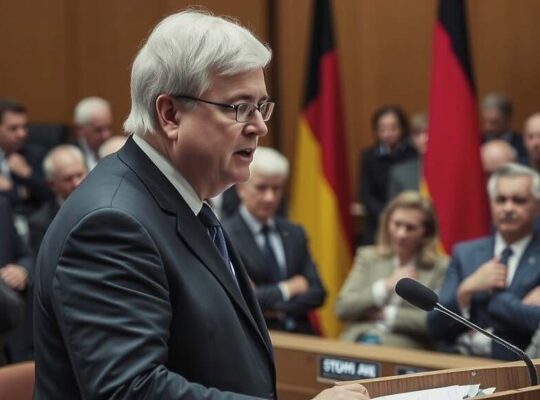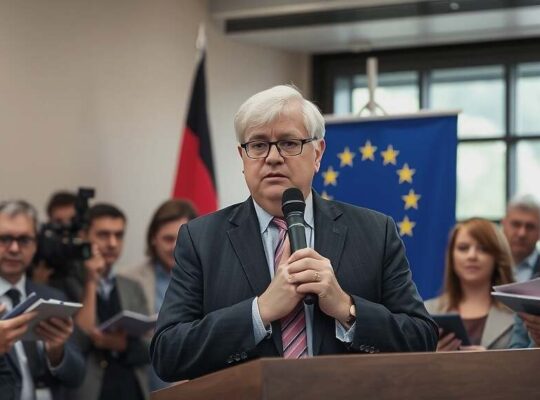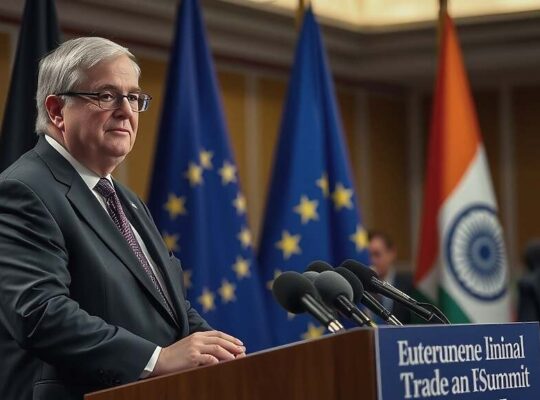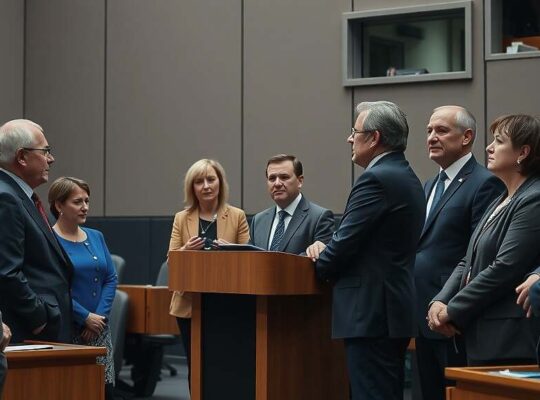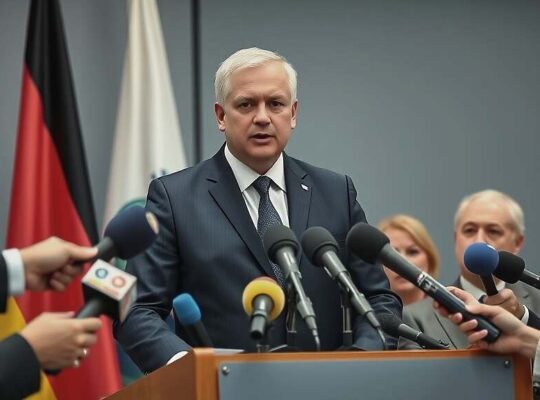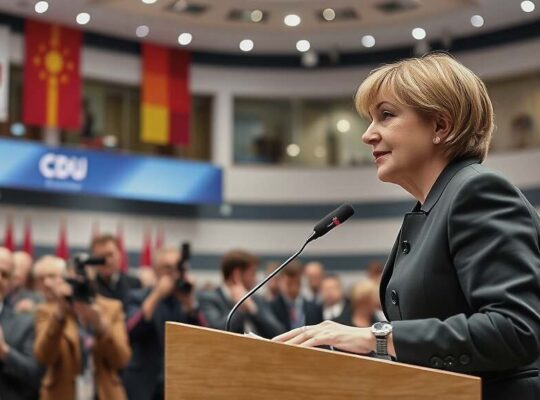A prominent figure within Germany’s Green Party, Ricarda Lang, has publicly acknowledged missteps regarding the party’s approach to gendered language and migration policy, sparking renewed debate about the party’s political strategy and its effectiveness in countering the rise of the far-right Alternative for Germany (AfD). In an interview with Funke-Mediengruppe newspapers, Lang admitted a tendency for the Greens to prioritize linguistic correctness in the pursuit of inclusivity, a focus she now believes alienated potential voters.
“In our well-intentioned efforts towards anti-discrimination and diversity, we sometimes focused too strongly on linguistic codes – on how one supposedly had to speak to belong” Lang stated. This prioritizing of performative inclusivity, she suggested, proved counterproductive, hindering the party’s ability to connect with a broader electorate. Lang emphasized the need for persuasion over division, particularly when engaging with those holding differing viewpoints – a principle she believes has been neglected, particularly regarding the contentious issue of gendered language.
The critique extends beyond linguistic considerations. Lang addressed the recent tightening of asylum policies under the ruling SPD, Green and FDP coalition, conceding that the Green Party’s involvement in these measures has not diminished the AfD’s appeal. In fact, she argues, it has strengthened it. “We have supported far-reaching asylum restrictions at many points – and that has not weakened the AfD by a single degree. On the contrary.
Perhaps most significantly, Lang acknowledged a self-imposed constraint on the Green Party’s role in shaping public opinion. She confessed that the party retreated from robustly articulating its values during key debates, a decision she now views as detrimental. “Instead of taking a clear position, we strongly withdrew from the discussion” she explained. Lang asserted the possibility of championing humanitarian values and protecting vulnerable individuals without simultaneously ignoring the challenges posed by inadequate integration and the potential for radicalization.
Lang’s commentary is part of a broader reflection occurring within the Green Party, spurred by the publication of her new book, “The Great Transformation: A Conversation about Crises, Conflicts and Compromises” co-authored with sociologist Steffen Mau. The book seems to encourage a reassessment of the party’s strategy and the balancing act required to retain its core principles while maintaining broader political relevance. The critique raises serious questions about the effectiveness of the current government’s approach to migration and the Green Party’s role within it and may fuel internal debate on future policy directions.



